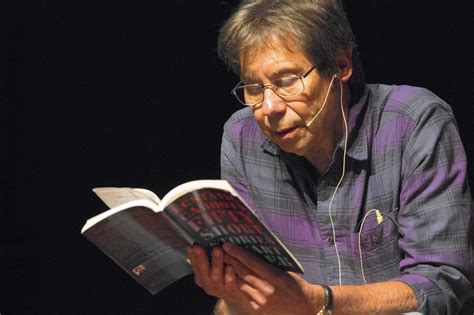A Quote by Mary Pope Osborne
While I was drawn to the Renaissance, my first (unpublished) novels took place in modern times. When the subject of alchemy started creeping into my stories, an astute mentor observed that the bits about alchemy might fit better in another time frame. When I finally decided to weave the pieces about the medieval science into historical settings, a successful novel began to emerge. (And I dusted off that art history book, and put it to use once again.)
Quote Topics
About
Again
Alchemy
Another
Another Time
Art
Art History
Astute
Began
Better
Bits
Book
Creeping
Decided
Drawn
Emerge
Finally
First
Fit
Frame
Historical
History
Medieval
Mentor
Might
Modern
Modern Times
Novel
Novels
Observed
Off
Once
Pieces
Place
Put
Renaissance
Science
Settings
Started
Stories
Story Book
Subject
Successful
Time
Time Frame
Times
Took
Use
Weave
While
Related Quotes
I sold my first short story while I was home on maternity leave, then began working on novels. Since I was reading and enjoying romance novels at the time, the first two unpublished manuscripts I wrote were both romances. I sold my third novel, 'Call After Midnight,' to Harlequin Intrigue after submitting it unagented.
The old alchemy, or what was just called alchemy, has a history. Most people, if they've been trained in sciences, think of alchemy as the precursor to chemistry. Back in time, people were called alchemists and they worked for kings and rich people, smelting metal and trying to change base metal into gold, because the king wanted to be richer.
I started writing novels while an undergraduate student, in an attempt to make sense of the city of Edinburgh, using a detective as my protagonist. Each book hopefully adds another piece to the jigsaw that is modern Scotland, asking questions about the nation's politics, economy, psyche and history ... and perhaps pointing towards its possible future.
In 1965, when I was fourteen, I read my first adult novel; it was a historical novel about Katherine of Aragon, and I could not put it down. When I finished it, I had to find out the true facts behind the story and if people really carried on like that in those days. So I began to read proper history books, and found that they did!
Héctor Tobar's accomplished first novel affords a perspective that is overdue and urgently needed in North American literature- -an insider's vision of L.A. as a Third World city. The Tattooed Soldier is a riveting book that manages to be at once politically informed and at the same time a psychologically astute study of that most elemental of stories: revenge.





































